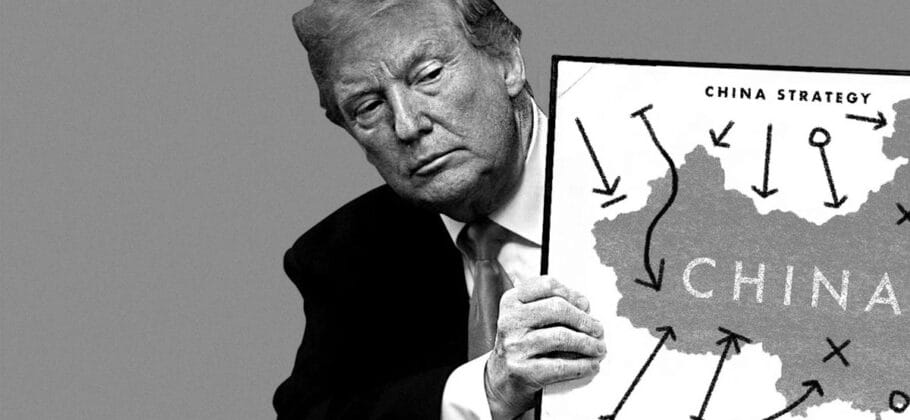President-elect Donald Trump has unveiled plans to impose significant tariffs on imports from Mexico, Canada, and China. These measures, which he aims to implement on his first day in office, highlight his commitment to addressing what he views as longstanding economic and security issues.
Far from being impulsive, Trump’s tariff threats appear to be a calculated strategy to achieve critical objectives: reducing illegal immigration, curbing the influx of fentanyl into the United States, and restructuring trade relationships that he believes have disadvantaged American industries and workers.
Trump’s approach reflects his negotiating expertise. Despite concerns from liberal media outlets, his bold announcement is designed to position America favorably in trade talks. By starting with demands that seem extreme, Trump creates room for concessions from trading partners while keeping his leverage intact.
His declaration is more than a warning—it’s a statement of intent. Trump has made it clear that Mexico and Canada must take swift action to resolve these issues or face economic consequences. “Both Mexico and Canada have the absolute right and power to easily solve this long-simmering problem,” Trump said on Truth Social. “Until they do, they will pay a very big price!”
The Tariff Plan
Trump’s proposed tariffs include:
- 25% on Imports from Mexico and Canada: These tariffs will remain “until such time as drugs, particularly fentanyl, and illegal aliens stop invading our country,” Trump asserts.
- 10% Additional Tariff on Chinese Goods: Building on existing tariffs, this targets China’s failure to address its role in fentanyl production and trafficking.
These measures aim to compel foreign governments to take decisive action on immigration enforcement and drug trafficking, issues Trump views as critical.
Unfair Trade Practices
Trump has consistently argued that U.S. trade policies have enabled foreign exploitation for decades. During his first term, he replaced the North American Free Trade Agreement (NAFTA) with the U.S.-Mexico-Canada Agreement (USMCA) to address imbalances. Now, Trump seeks additional reforms to incorporate security and drug enforcement.
He has also criticized China’s failure to follow through on promises to curb fentanyl trafficking. “I have had many talks with China about the massive amounts of drugs, particularly fentanyl, being sent into the United States,” Trump noted, expressing frustration that commitments were not honored.
A Negotiator’s Playbook
Supporters see these tariffs as a negotiating tactic to secure concessions where traditional diplomacy has fallen short. Michael Hart, president of the American Chamber of Commerce in China, remarked, “Trump is leveraging his reputation as a negotiator—this is likely the start of discussions.”
Domestic and International Reactions
Reactions vary widely. Canadian officials emphasized their economic ties with the U.S., while Mexican experts predict retaliatory tariffs. China, while emphasizing cooperation on fentanyl, warned against escalation, asserting that “no one wins in a trade war.”
Economic Impact
The proposed tariffs could affect supply chains, particularly in industries like automotive manufacturing. Tariffs on Mexico and Canada, which supply nearly 30% of U.S. trade, may increase prices on vehicles and consumer goods. Meanwhile, additional tariffs on China could amplify existing supply chain disruptions.
Despite potential economic repercussions, Trump’s supporters argue that these measures will protect American interests, encourage fair trade, and strengthen domestic industries. Critics, however, warn of inflation and strained diplomacy.
Trump’s tariff threats signal a potential shift in U.S. trade policy, intertwining economic penalties with national security issues. While controversial, the approach underscores his broader “America First” philosophy and determination to hold trading partners accountable.











